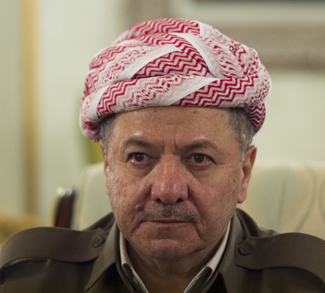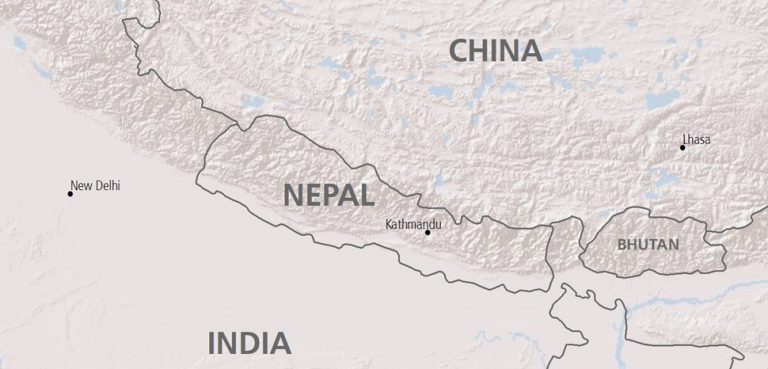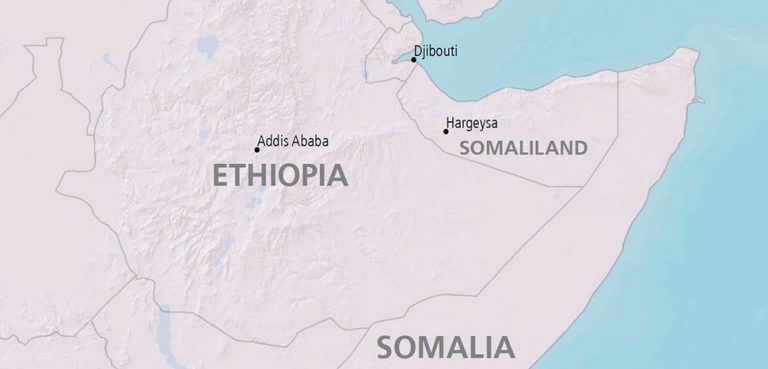
Summary
Iraqi Kurdistan will hold an independence referendum on September 25. The vote is unofficial – it will not trigger automatic independence – but it’s expected to produce official separation negotiations between Erbil and Baghdad. Should these negotiations fail to produce any agreement, Iraqi Kurdistan would unilaterally declare independence and redraw the map of the Middle East.
An independent Iraqi Kurdistan is a controversial proposition for several players in and around the MENA region. For one, despite their intra-Kurdish political rivalries, it potentially strengthens the hand of stateless Kurdish populations in Iran, Syria and Turkey. Then there’s the matter of what it would do to Iraq, a state that has already been pushed to the limits in its war against Islamic State. The departure of Iraq’s Kurds, which represent around 20% of the country’s population, would disrupt the country’s sectarian balance and would make the majority Shiite population loom larger over Iraq’s Sunnis. It would also have major economic implications, the full extent of which would be determined by whether oil-rich Kirkuk leaves with them.
Impact
For Masoud Barzani, there’s no time like the present. It’s no secret that Iraq’s Kurds have long sought formal independence. After years of wars, displacements, and atrocities at the hands of Saddam Hussein, followed by a protracted conflict with Iraq’s disaffected Sunnis under the flag of Islamic State, independence has become a question of when, not if.
That time has now arrived according to Masoud Barzani, the president of Iraqi Kurdistan.



